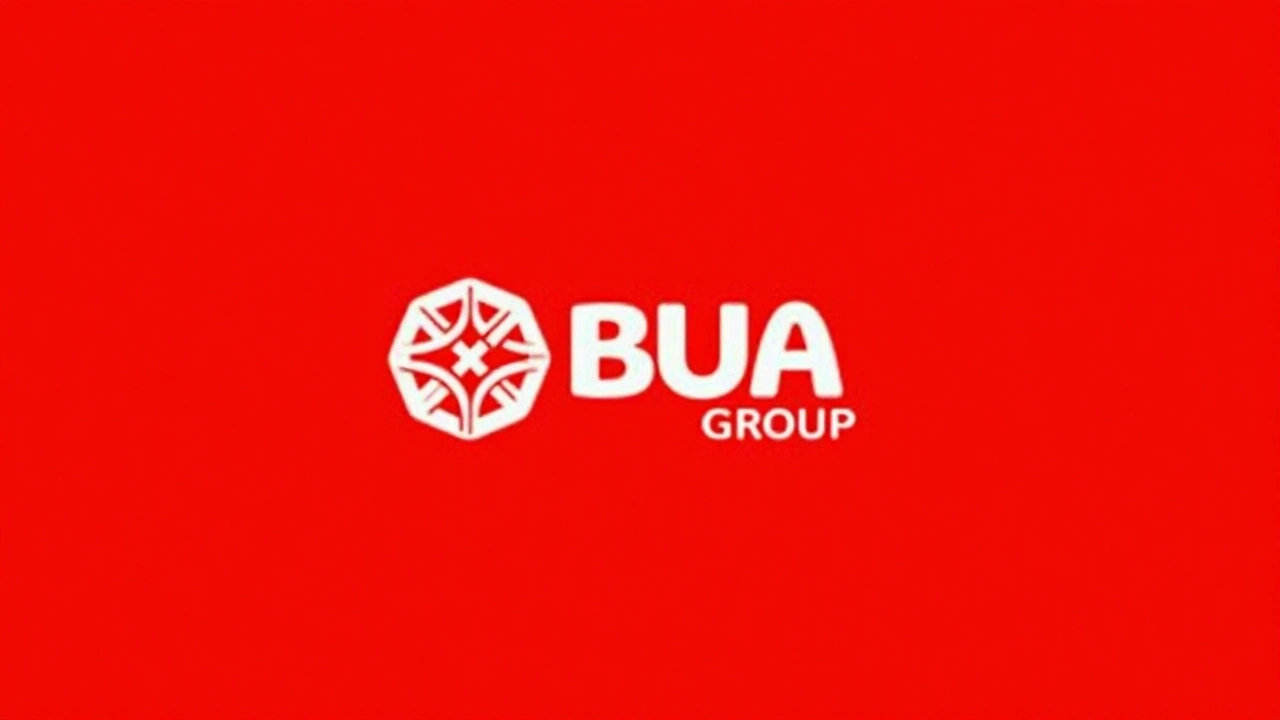
BUA Clarifies Status on Akwa Ibom Refinery Project
In a world driven by headlines, it’s easy for misinformation to spread like wildfire. BUA Refinery and Petrochemicals recently found itself navigating a sea of rumors regarding the completion status of its major refinery project situated in Akwa Ibom State, Nigeria. Amid conjecture suggesting that the project has reached 90% completion, BUA has vociferously set the record straight: this figure is incorrect. The sprawling 200,000 barrels per day refinery, a crucial component of Nigeria’s broader strategy to improve its refining capacity and enhance energy security, is still very much a work in progress, they say. While it’s not as advanced as some reports may suggest, the project is unwaveringly on course to meet its planned timelines.
The Significance of the BUA Refinery
The BUA Refinery is more than just another industrial venture; it is a symbol of progress for Nigeria's energy sector. In a region that has long relied on exporting crude and importing refined products, having domestic refinement capacity spells not only economic gain but increased national security. This project will not only provide a substantial amount of refined petroleum domestically but also likely reduce the costs associated with fuel imports. Nigeria has grappled with the pressures of currency exchanges and fluctuating international oil prices for years, and this plan aims to alleviate some of these concerns.
Furthermore, the plant will create thousands of jobs, both direct and indirect, significantly impacting both the regional and national economies. Nigeria's unemployment rate has been a point of concern, and projects like BUA’s refinery bring the promise of employment, skills development, and capacity building. Beyond this, the refinery aligns with Nigeria’s commitment to energy self-sufficiency and decreased reliance on imported refined petroleum products, marking a step forward in the country's economic development.
Commitment to Energy Security and Expansion
But the refinery in Akwa Ibom is not BUA's sole focus. In a larger picture of national and regional development, the company has embarked on a series of projects aimed to amplify Nigeria’s energy security and to expand its considerable foothold within the energy sector. Among these is a mini-LNG (Liquefied Natural Gas) plant. It is intended to leverage Nigeria's abundant natural gas resources, providing an alternative and environmentally friendlier energy source. In conjunction with this, BUA is constructing several hybrid power plants, which will integrate various energy streams to create a more resilient national grid.
This holistic approach speaks volumes about the company's long-term vision and strategy, not just as a business entity, but as a significant player in the nation's quest for energy sufficiency. Over the past decade, BUA has brought over a dozen major industrial projects to fruition, their cumulative value surpassing $3.5 billion. This impressive track record further bolsters confidence in their continued ability to deliver on significant infrastructural projects, such as the Akwa Ibom refinery.
Transparency and Accountability: BUA’s Public Assurance
One of the leading hazards of large-scale projects is the plethora of misinformation that can cloud public perception and expectations. Recognizing this, BUA has underpinned its operations with a commitment to transparency and accountability. As public interest in the refinery and its associated projects grows, the company is reminding people to seek information from verified channels. In today’s digital age, where rumors can easily take root on social media platforms and across various unregulated information channels, this appeal to trustworthy resources is not just prudent, but essential.
In its effort to avert public misconceptions, BUA is keeping open lines of communication to ensure that stakeholders and the general populace have access to truthful, timely updates. This transparency is vital when billions are invested, and expectations are high. Public confidence in such projects is intertwined with this openness, as it builds trust and fosters enduring relationships with communities, partners, and government entities alike. Adhering to this principle, BUA has assured that, contrary to exaggerated claims, the completion of the Akwa Ibom refinery is anticipated by the end of 2025, keeping key milestones firmly within grasp as construction methods evolve and developments unfold.
The Road to Completion
The timeline for completing a project of this magnitude cannot be underestimated, and several factors contribute to the pace of advancement. Logistics, supply chains, labor forces, technological innovations, and environmental considerations all play critical roles. BUA has emphasized that despite the complexities involved, their team is equipped and experienced, striving to meet the ambitious yet attainable deadline. The keyword here is progress—steady, measurable, and dependable progress.
It's an intricate dance of deadlines, blueprints, and collaborative partnerships. At its core, the Akwa Ibom refinery project, like any large-scale infrastructure undertaking, is a testament to human ingenuity and perseverance. Here, BUA stands as a stalwart, determined to turn these plans into a functioning reality, while vigilantly maintaining fiscal and environmental accountability. As we look to the future, BUA's steadfast commitment and strategic advances in Nigeria’s energy sectors show that they are poised to play a transformative role in shaping the nation’s economic landscape.